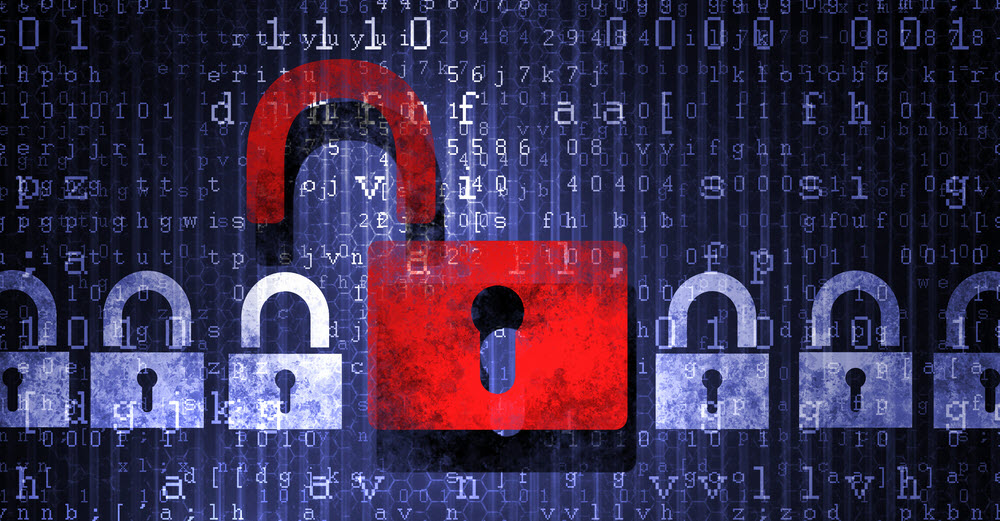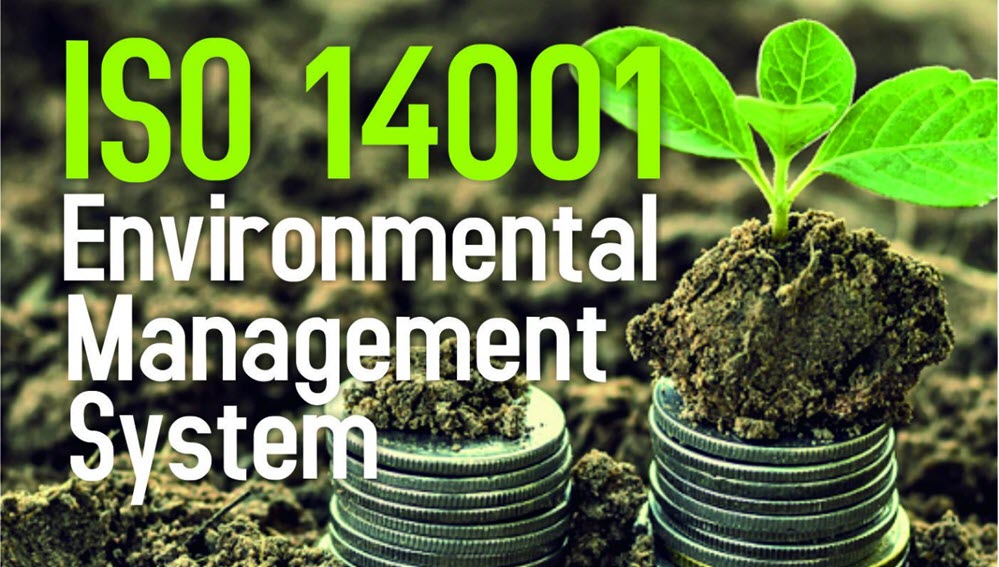EQMS Blog

Benefits Of Having An ISO 17025 Certified Laboratory
Introduction
ISO 17025 is a globally recognised standard for the competence of testing and calibration laboratories. This standard is developed by the International Organisation for Standardisation (ISO) and is used to assess the technical competence of a laboratory. ISO 17025 certification provides assurance that the laboratory can produce accurate and reliable results, which are essential in many industries.
Below are the benefits of having an ISO 17025 accredited laboratory.
Improvement of Laboratory Processes
The ISO 17025 standard provides a framework for the establishment and implementation of laboratory procedures. It includes requirements for quality management, personnel, equipment and testing methods. Implementing these requirements can help laboratories improve their processes and reduce errors. By reducing errors, laboratories can produce accurate and reliable results, which can lead to increased customer satisfaction and improved reputation.
Enhancement of Customer Confidence
Customers need to have confidence in the accuracy and reliability of laboratory results. ISO 17025 accreditation provides assurance to customers that the laboratory has been independently evaluated for technical competence. This accreditation can help laboratories build trust with customers and increase customer loyalty. Customers are more likely to return to a laboratory that produces accurate and reliable results.
Recognition of Laboratory Competence
ISO 17025 accreditation is recognised globally as a measure of laboratory competence. Laboratories that are accredited to this standard can demonstrate that they have met internationally recognised requirements for quality management, personnel, equipment and testing methods. This recognition can help laboratories differentiate themselves from competitors and increase their market share.
International Acceptance of Test Results
ISO 17025 accreditation is recognised internationally, which means that test results produced by an ISO 17025 accredited laboratory can be accepted in other countries. This is particularly important for industries such as medical devices, automotive and aerospace, where products often are tested and certified in different countries. Having ISO 17025 accreditation can help laboratories gain access to new markets and expand their business globally.
Compliance with Regulatory Requirements
Many industries have regulatory requirements for testing and calibration laboratories. For example, in the medical device industry, laboratories are required to comply with ISO 13485, which includes ISO 17025 as a requirement. Compliance with these regulations is essential for laboratories to continue operating in these industries. ISO 17025 accreditation can help laboratories meet these regulatory requirements and ensure they are operating within the law.
Reduction of Costs
Implementing ISO 17025 requirements can help laboratories reduce costs. By improving processes and reducing errors, laboratories can save time and money. This can lead to increased profitability and a competitive advantage in the market. An ISO 17025 accredited laboratory can also reduce the need for customer audits, which can be time-consuming and costly.
Improvement of Staff Competence
ISO 17025 accreditation requires that laboratory personnel are competent and qualified to perform testing and calibration activities. By implementing these requirements, laboratories can improve the competence of their staff. This can lead to increased productivity, reduced errors, and improved customer satisfaction. Staff who are trained to the ISO 17025 standard can also use this knowledge to improve their performance and advance their careers.
Continuous Improvement of Laboratory Processes
ISO 17025 accreditation requires laboratories to establish a system for continuous improvement. This system includes regular monitoring and review of laboratory processes, to identify areas for improvement. By implementing a continuous improvement system, laboratories can identify and address issues before they become major problems. This can lead to improved efficiency, reduced costs, and increased customer satisfaction.
Moreover, ISO 17025 accreditation is not only beneficial for laboratories, but also for their clients. Clients can rely on the laboratory’s test results and have confidence that the laboratory is following international standards. It also helps to avoid disputes that may arise from incorrect test results, which can lead to financial losses for both the laboratory and its clients.
In addition, ISO 17025 accreditation is an asset for laboratories seeking to expand their services or enter new markets. As more and more industries require laboratory testing and calibration services, being ISO 17025 accredited can provide a competitive advantage for laboratories. It can also help laboratories to establish long-term relationships with clients, which is crucial for business growth.
Conclusion
In conclusion, ISO 17025 accreditation is essential for laboratories that want to produce accurate and reliable test results, gain customer confidence and comply with regulatory requirements. It provides a framework for laboratory processes, enhances customer satisfaction, reduces costs and promotes continuous improvement. Achieving ISO 17025 accreditation is a significant accomplishment for any laboratory and can provide many benefits for both the laboratory and its clients.
If you are interested in support with getting accredited to ISO 17025, then contact us for a free consultation.
Continue to ISO 17025 Consultants
Request a free consultation
Contact us to discuss your needs and see how we can support to reach your goal.

Recent posts

In today's digital age, businesses are constantly exposed to various cyber threats. As a result, companies must adopt a proactive approach to cybersecurity to prevent data breaches, theft, and other...

Quality management systems are essential in ensuring that organisations can deliver quality products and services consistently. The International Organisation for Standardization (ISO) developed the ISO 9001 standard to help organisations...

ISO 14001 is a globally recognised standard for environmental management systems (EMS) that helps organisations manage their environmental impact and improve their sustainability performance. Obtaining this certification demonstrates a company's...
Just a Few of Our Clients
Request a Free Consultation
Contact us to discuss your needs and see how we can support to reach your goal.















